The MS in Data Science & AI offers exceptional career growth, with the field rapidly expanding and job opportunities expected to grow by 36% by 2031. As data and technology become central to industries like healthcare, digital marketing, finance, technology, retail, media, and telecommunications, the need for skilled professionals to interpret and manage data is on the rise.
Our MS Data Science & AI programme, developed and rigorously reviewed by doctoral and post-doctoral professors alongside industry experts, includes 12 modules and a Capstone Consulting Project guided by an industry mentor. Each module is assessed through project-based assignments, concluding with a Capstone Consulting Project and a Master's Thesis with industry mentorship.
Additionally, all learners gain access to our Competency Lab, where they develop career, research, entrepreneurial, and digital skills. We support students in creating public portfolios, such as publications or GitHub profiles, to enhance their professional presence and employability.


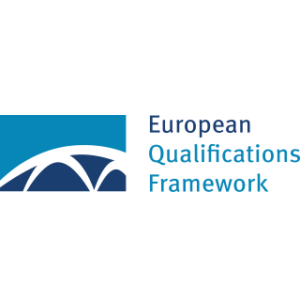
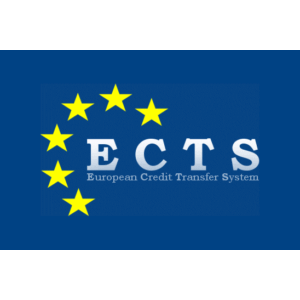



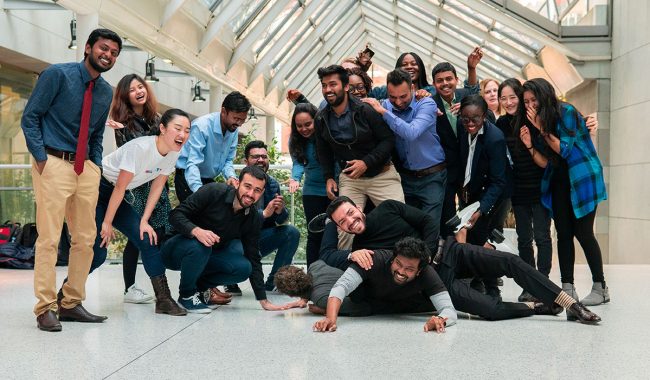



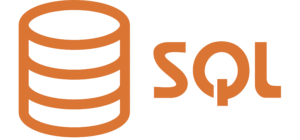
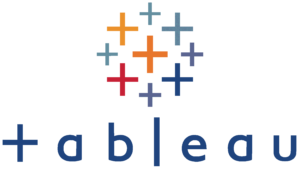
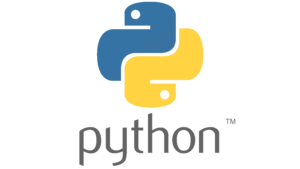
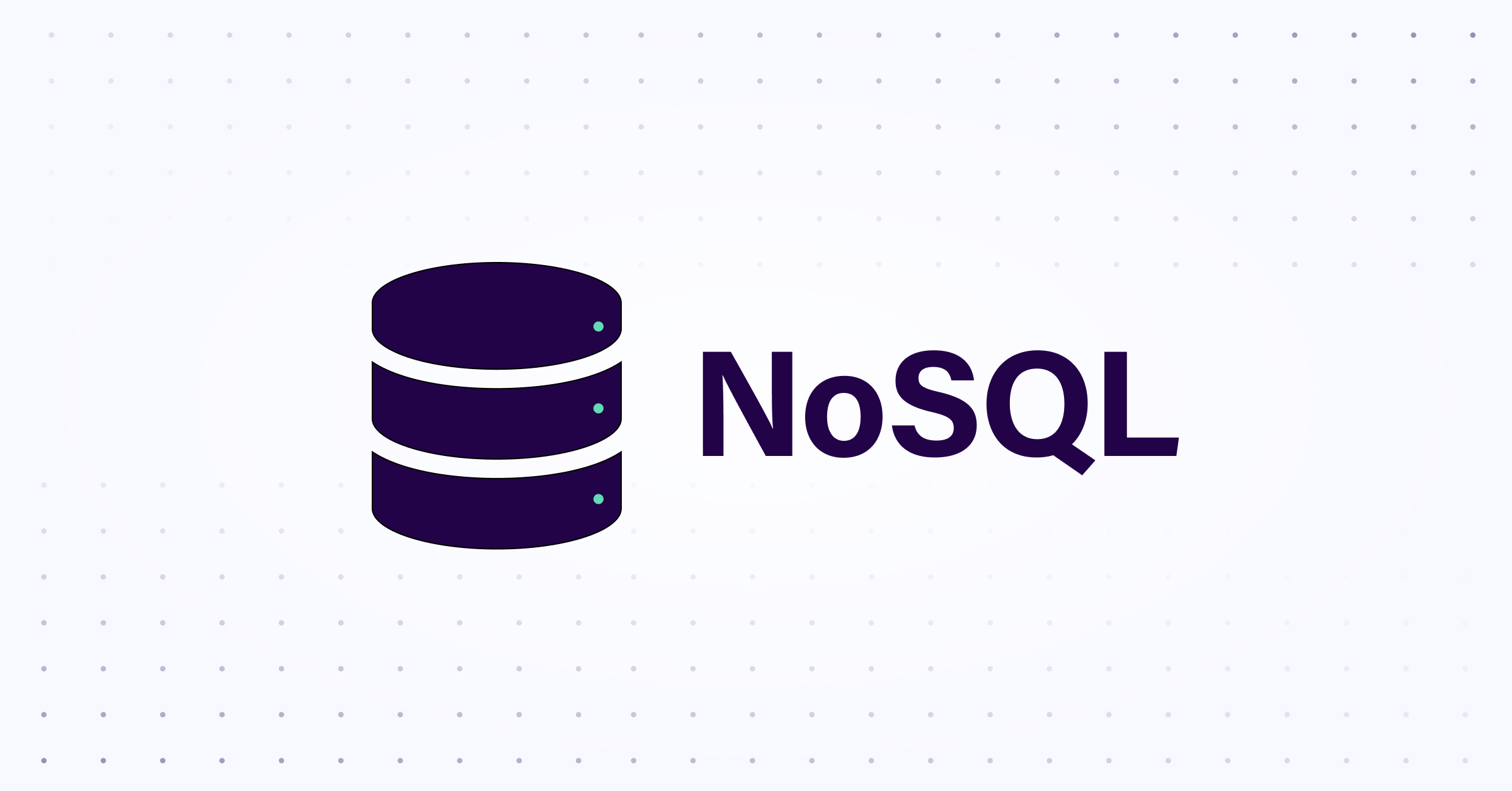
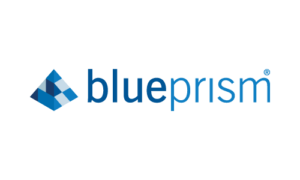
 Personality Test
Personality Test 



